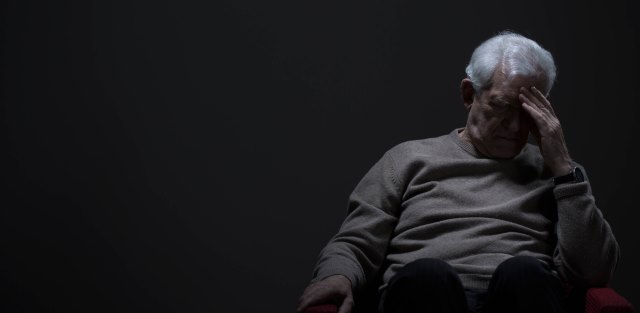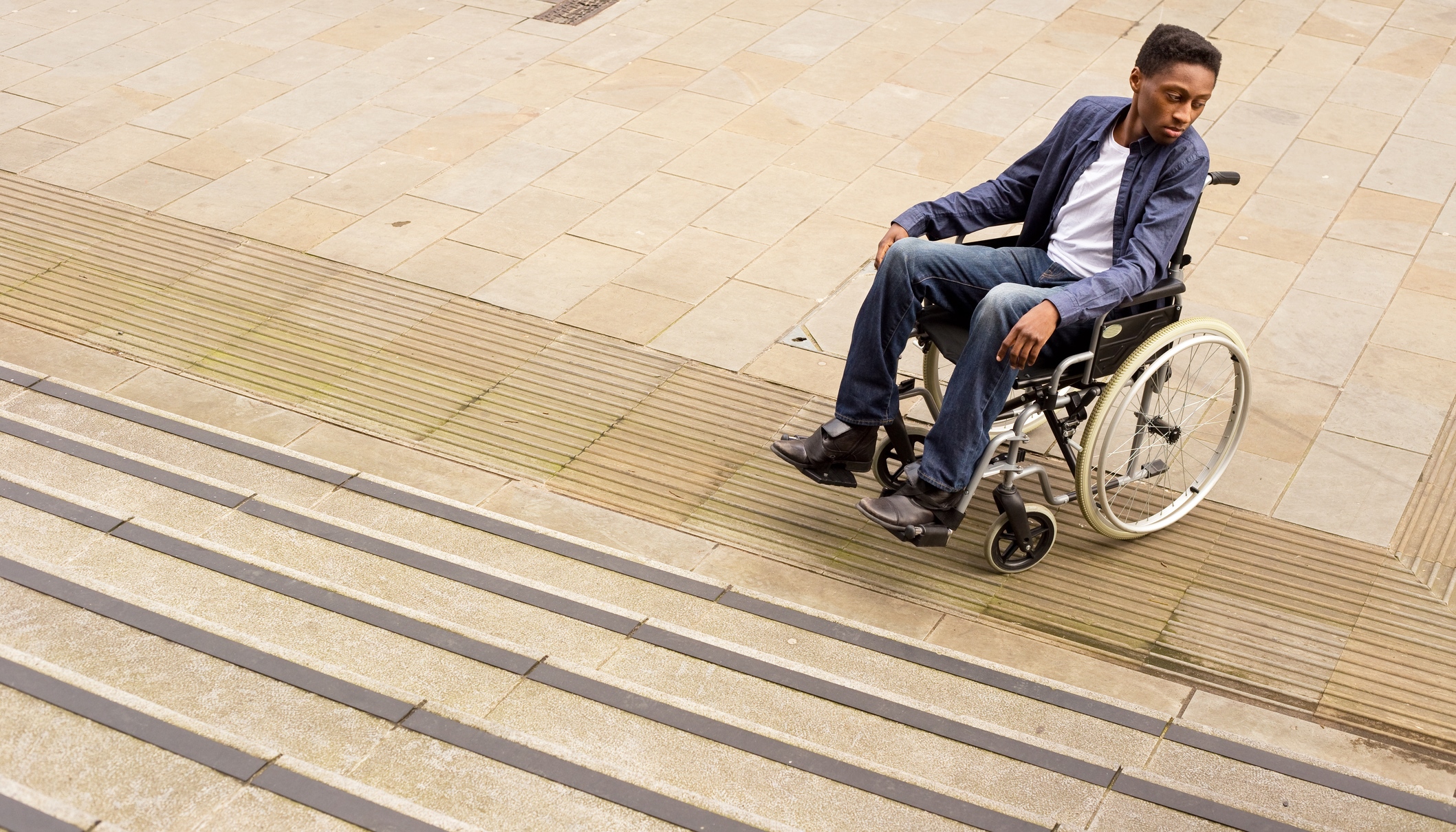When a government just doesn’t care
The Department of Work Pensions—the epicentre of the coalition government’s destruction of the welfare state as we know it—was today (March 19) the scene of Unite’s national day of action against benefits sanctions.
Hundreds gathered outside the DWP to protest the cruel sanctions, in which benefits claimants’ entitlements are suddenly cut for spurious reasons, or often, for no reason at all. The central London event was one of dozens of Unite-led demonstrations outside Jobcentres up and down the country.
Punitive sanctions have resulted in over two million people having their welfare payments cut or stopped without warning over the past two years, leading to increased poverty, misery and even death.
In London, the total number of sanctions dealt out by the DWP from October 2012 to September 2013 was 130,442 and 103,679 between October 2013 and September 2014.
Blaming the unemployed for unemployment
Leading the campaign, Unite community national coordinator Liane Groves explained why Unite launched its nationwide day of action.
“Today Unite is calling for the end of benefits sanctions,” she said. “Benefits sanctions mean that if you are five minutes late to a Jobcentre interview, you can lose your benefits for a whole month. We believe they are cruel, and they certainly don’t help people get back into work.
“They’re affecting the most vulnerable people. In fact, 40 per cent of people who have been sanctioned have mental health issues.”
Groves argued that the ostensible purpose of sanctions—to get people back into work—is completely misguided.
“There are a number of ways to actually help people get back into work,” she said. “For example, helping the jobless with their CVs or coaching them before interviews.
“But the biggest problem is that people need decent jobs to go into in the first place. The government needs to create decent jobs and people will walk into them. It’s no good blaming the unemployed for unemployment.”
Standing together
Jacqueline Woodward Smith, a primary school counsellor and Unite community member, like most of us, also knows someone who has been sanctioned.
“My partner suffers from Asperger’s, a form of autism, and several other disabilities that haven’t been diagnosed,” she explained.
“He was sanctioned for a year and he really struggled with that. Eventually his case went to court and he got his benefits back. But he still lives in fear every day that he might be sanctioned again and what he would do – he’s even contemplated killing himself. This is what sanctions are putting people through; this is how people live now.
“For me, this isn’t a political issue, it’s a moral one,” Smith went on to say. “People are dying because of sanctions. As a Unite community member I’m out here to stand with my brothers and sisters. All of us know someone who has had their benefits taken away and are suffering now, so we need to stand together.”
Smith condemns the image mainstream media portrays of society’s most vulnerable, who’ve fallen on hard times, often by chance.
“There’s this idea that everyone on benefits is having a lovely time and going on big holidays, but so many people just don’t understand the reality—people have to choose between food, heating, transport, and other basic necessities most of us take for granted.”
Lessons not learned
Gill Thompson, whose brother, David Clapson, died after being sanctioned , handed in her 211,822-name petition at the DWP – calling on the prime minister to investigate the widespread use of benefit sanctions.
Clapson, a vulnerable diabetic ex-soldier, died starving and destitute in 2013 because he was penalised by his job centre for missing a meeting.
Thompson spoke through tears about her brother, an ultimately fatal victim of a system that continues unabated.
“My brother worked for 29 years of his life, he was a soldier in Northern Ireland in the 70s, and he was a carer for our mother for eight years,” she said. “He just hit hard times and he became vulnerable. So they sanctioned him and within three days, he was dead.
“I’m here not just in memory of my brother but for others as well,” Thompson added. “This is about vulnerable people. When I started this, all I want is lessons to be learned and no one else to die. I can’t bring my brother back—he’s gone. There’s nothing I can do. But lessons aren’t being learned. They’re still sanctioning people as we stand here today. People could be dying.
“My brother wasn’t a scrounger. I come from a very good working-class family. My brother worked, my mother and father worked, and I work. My brother just hit a time in his life when things went wrong, and that can happen to any of us,” she added.
Call for compassion
Andrew Osborne, who is on Unite’s general engineering, manufacturing and servicing committee, had come to London from Cambridgeshire for a union meeting. But as soon as he and his colleague found out about the demonstration, they came to join in solidarity.
“The system needs to be more humane,” Osborne said. “I remember a time when you could lose your job, and you didn’t have to be chased around the capital being forced to apply for millions of jobs that don’t exist. You could actually apply for jobs in your sector.
“There should not be this element of aggression and downright nastiness. We should have a bit of compassion for people who’ve fallen on hard times.
“You can judge a society by how it treats its poorest and most vulnerable,” Osborne added. “What’s happening here is an attack on the most vulnerable, while the rich, the fat cats and the bankers are getting away scot free. They’re the ones who crashed our economy, they’re the ones who are ruining society and they’re the ones who should be taken to task.”
 Like
Like Follow
Follow


